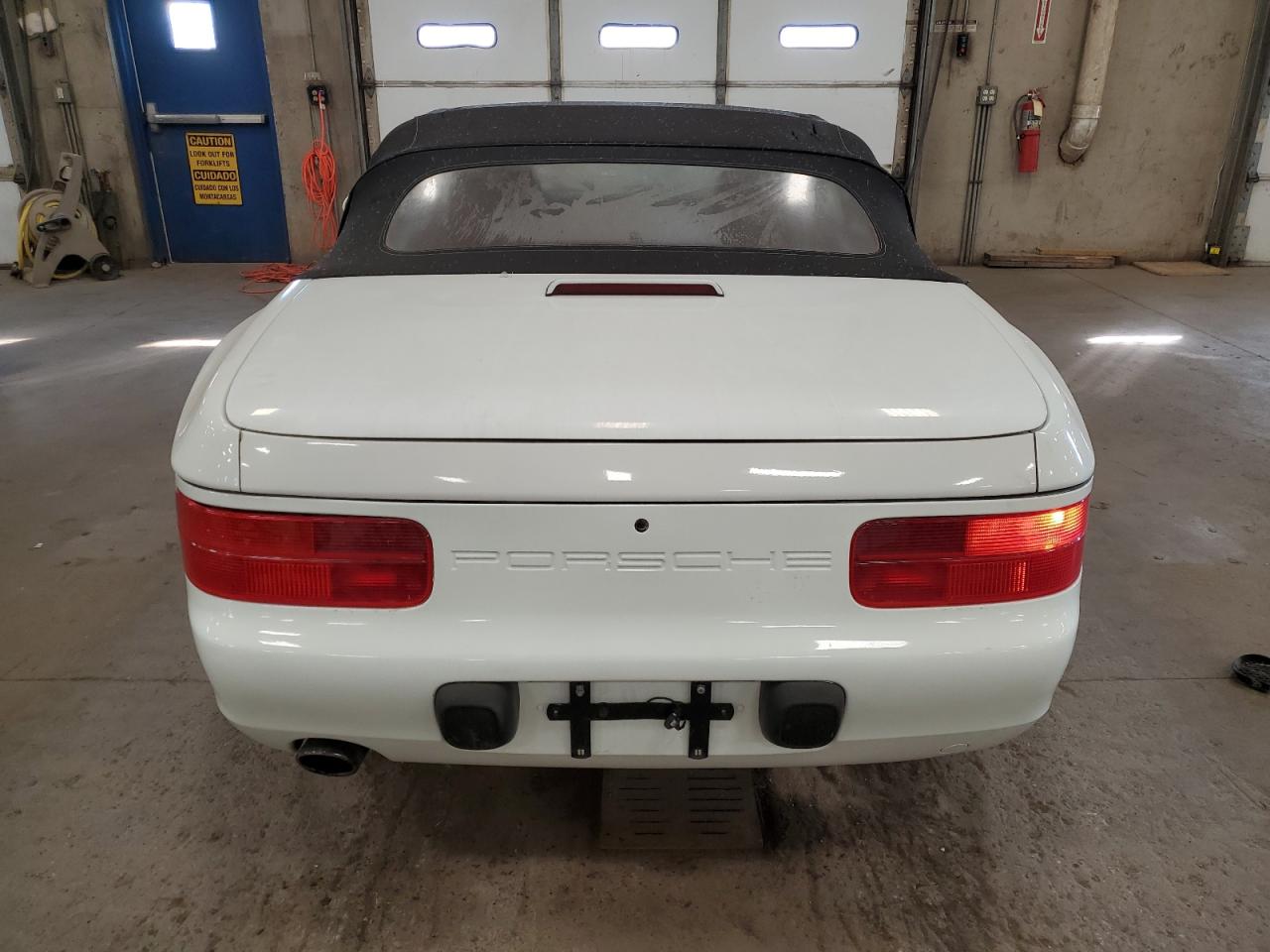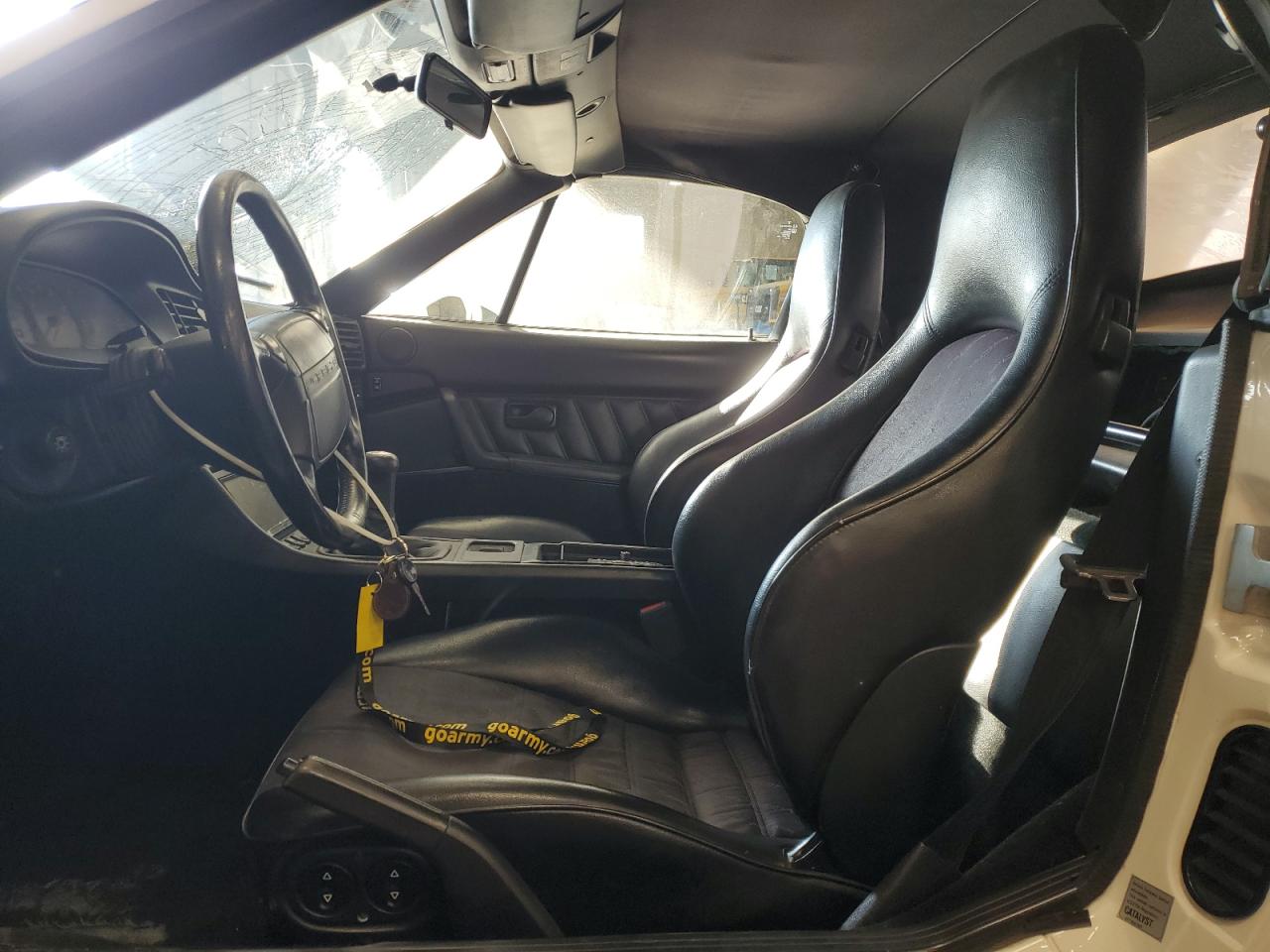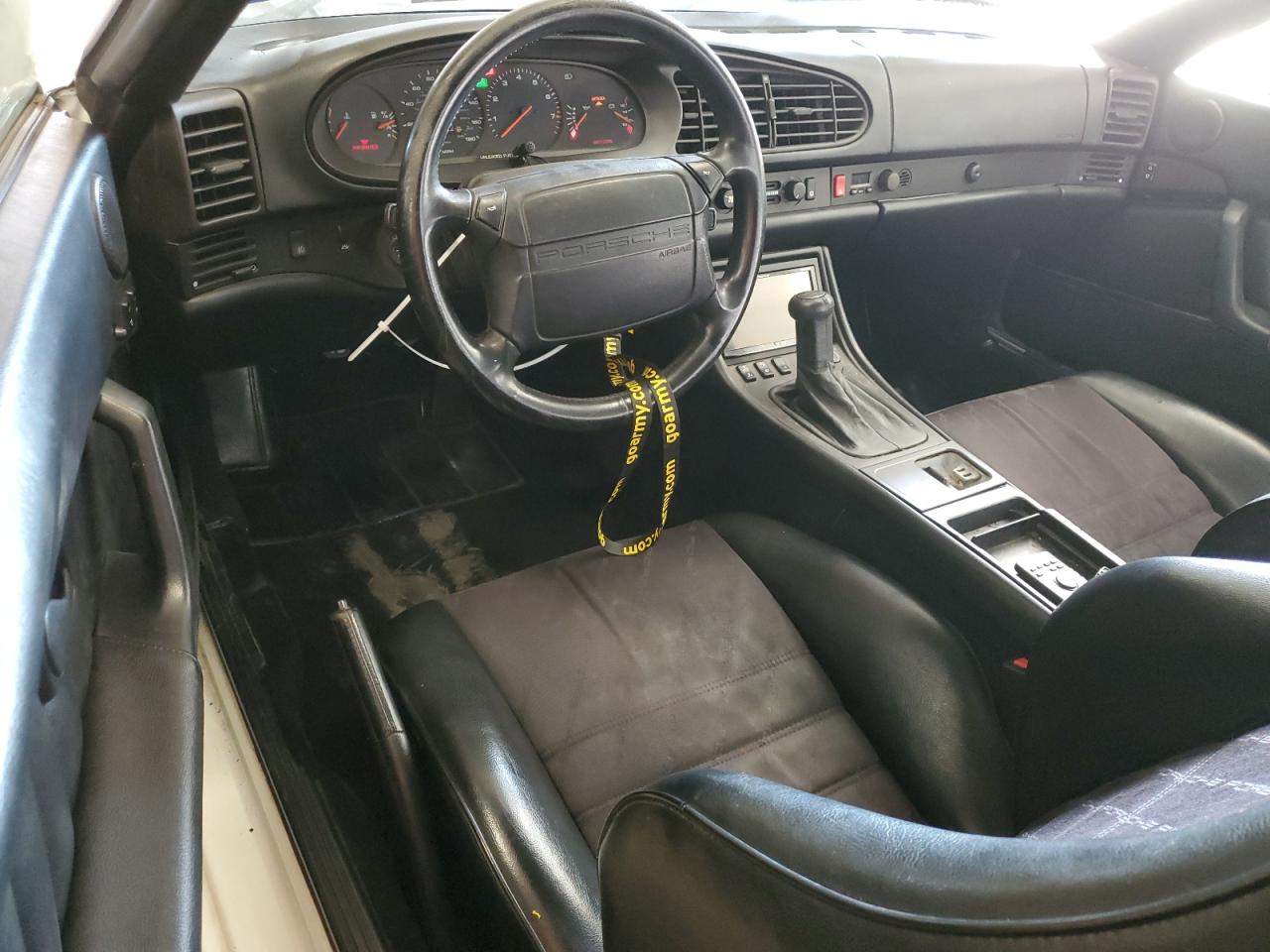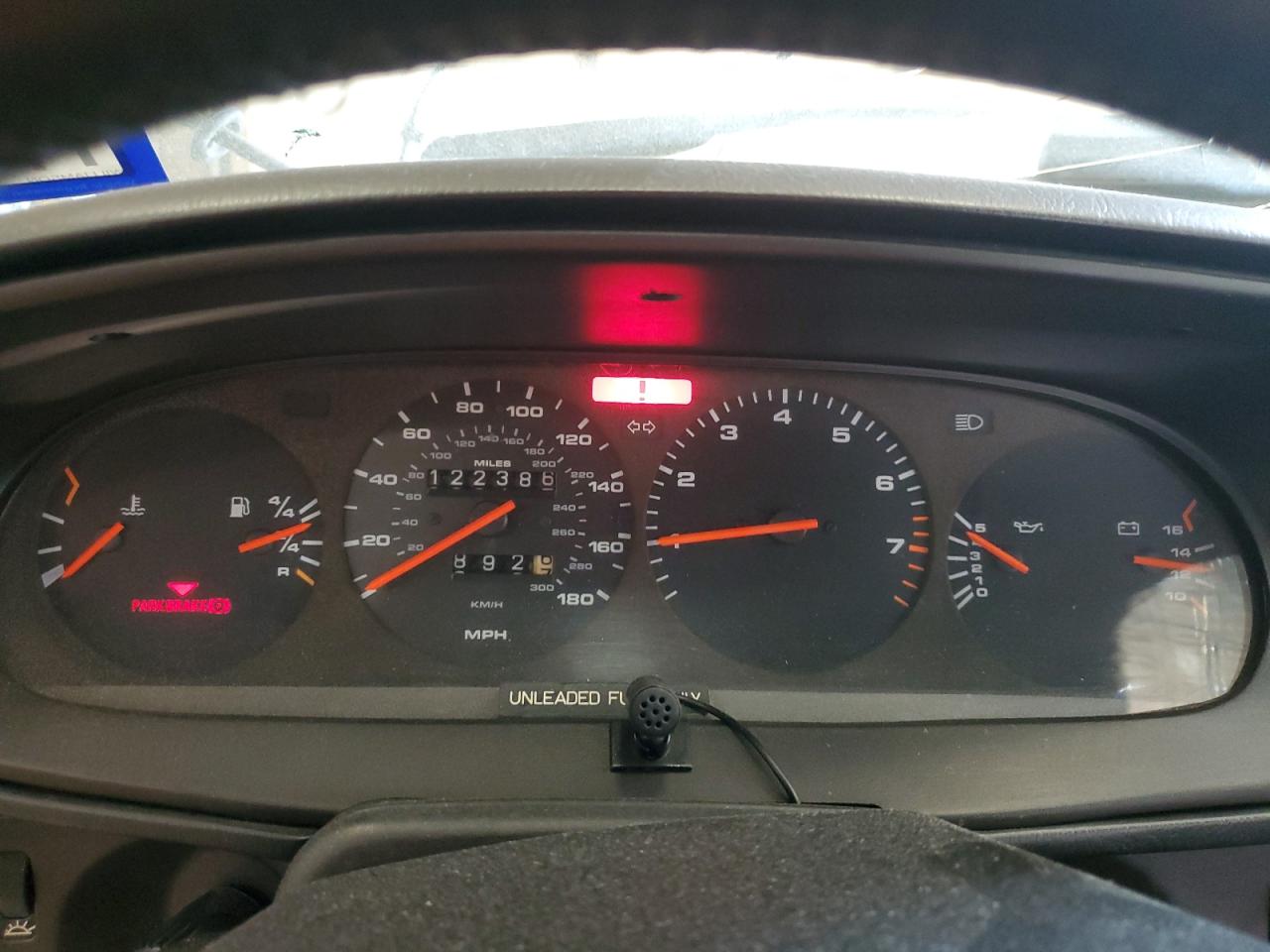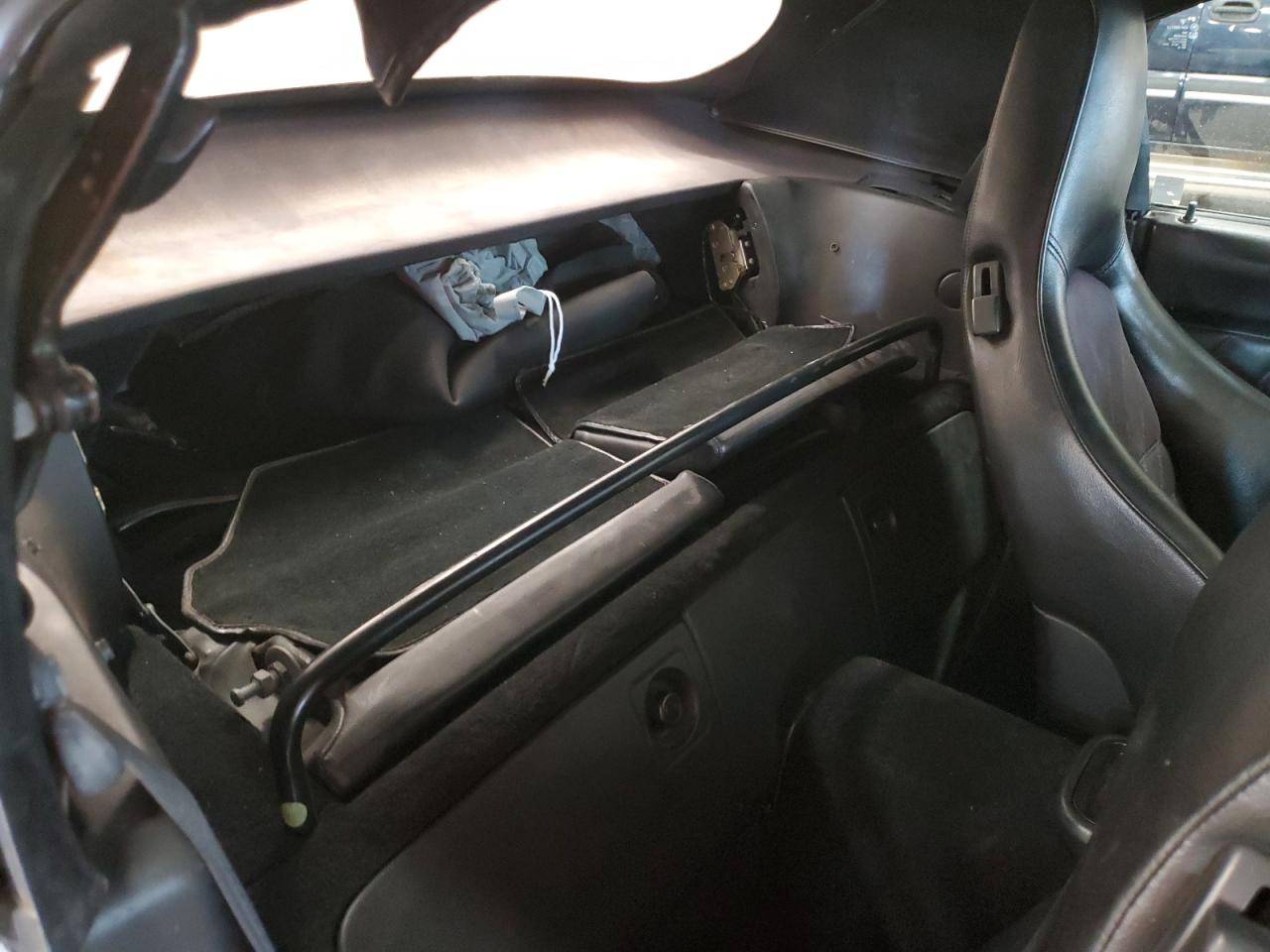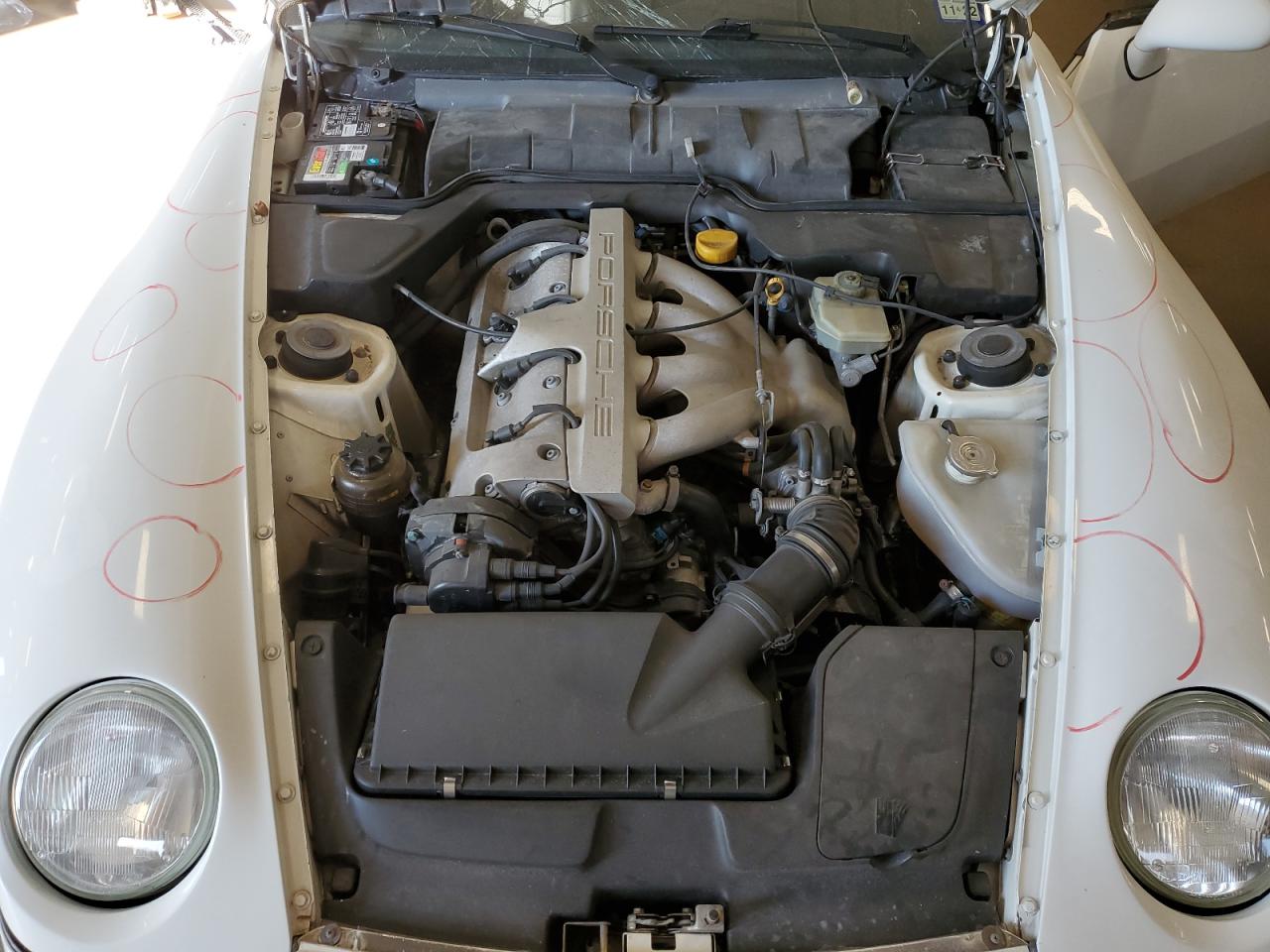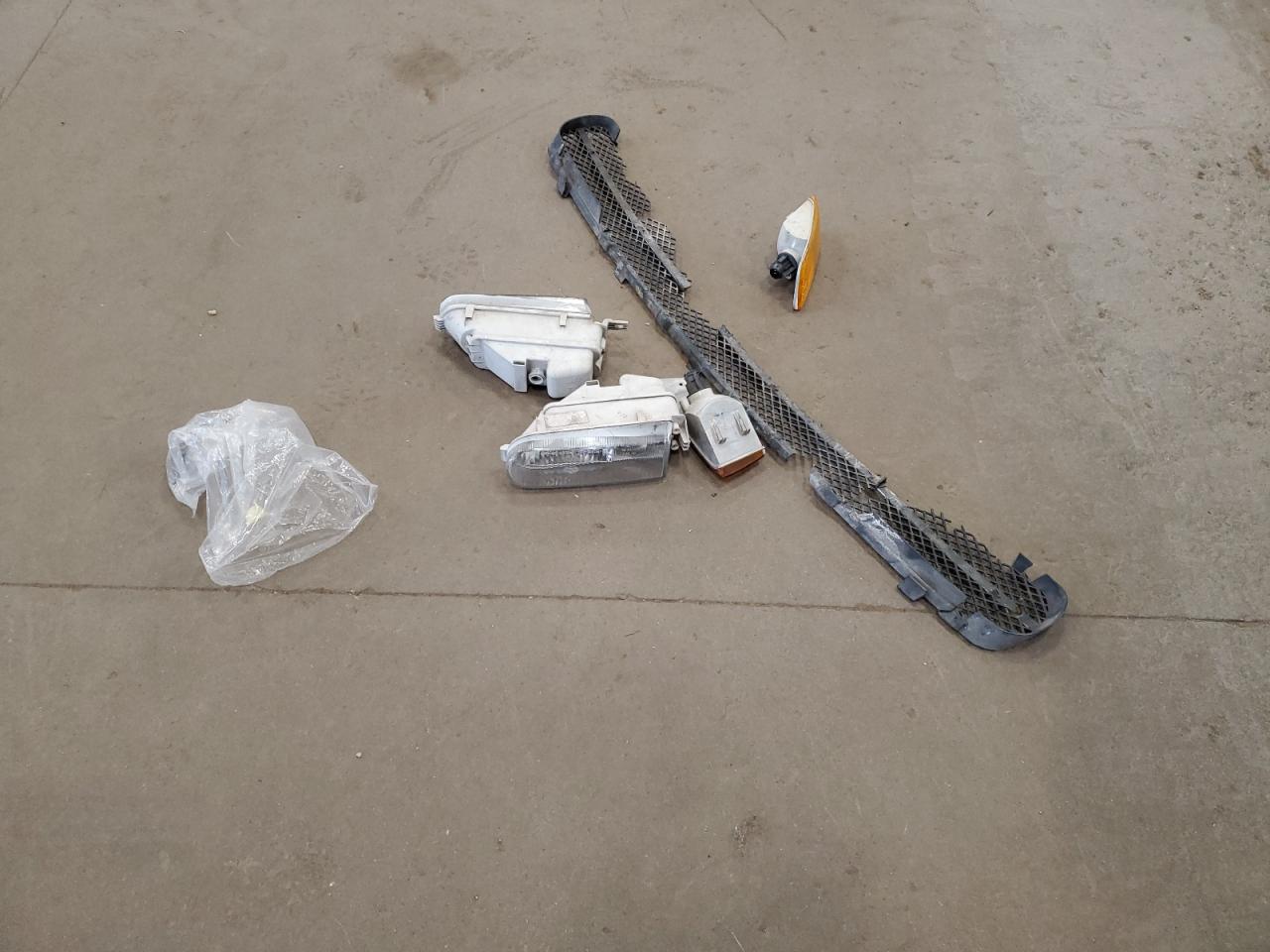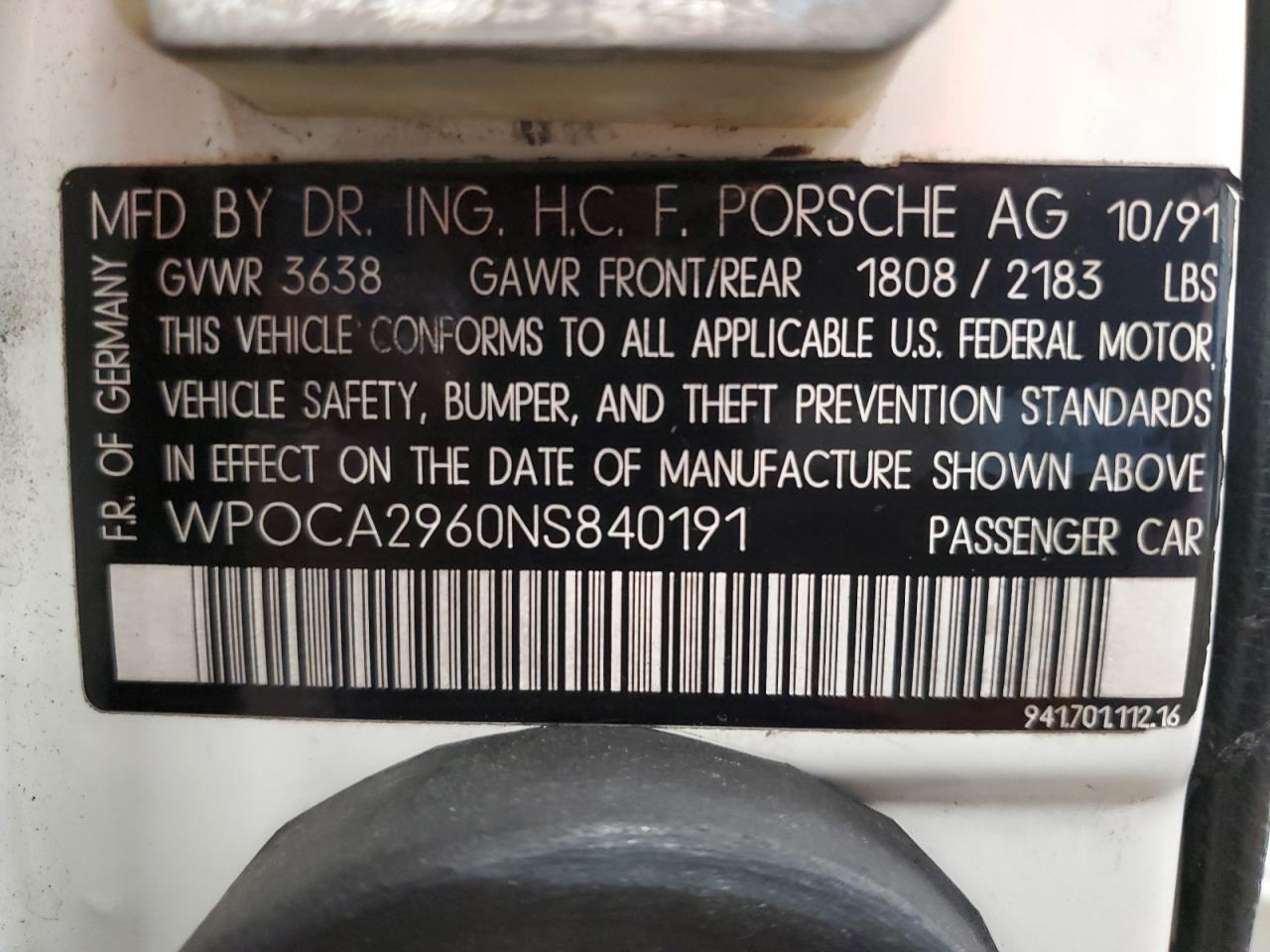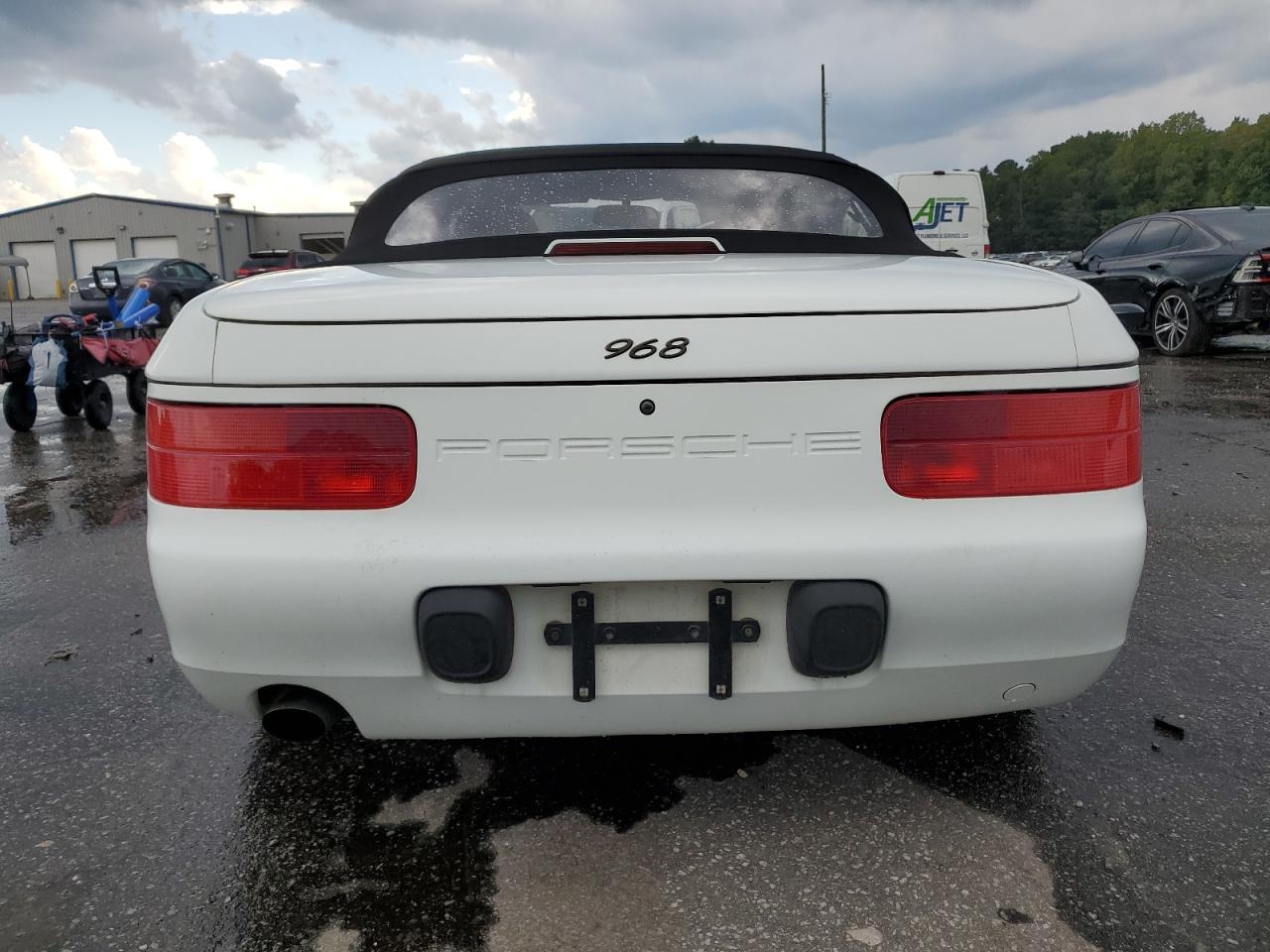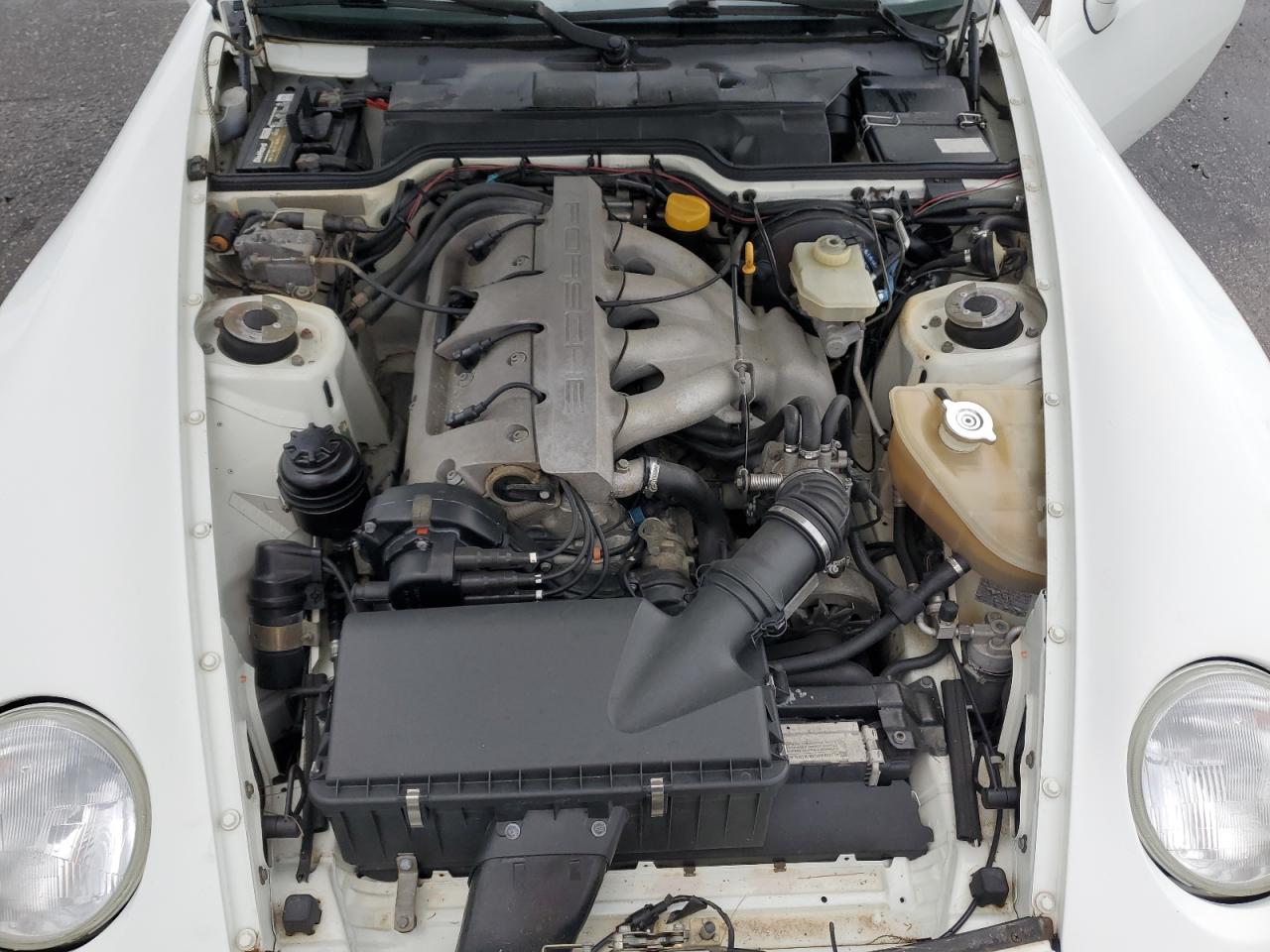Porsche 968 (2)
1992 Porsche 968
The Porsche 968 is a sports car model produced by the German company Porsche between 1991 and 1995. Taking the place of its predecessor, the Porsche 944, the 968 was an evolutionary step in the development of the company's front-engine sports cars. The model combined the advanced technology of its time with classic design elements, making it one of the significant pages in the history of Porsche.
The Porsche 968 range included a base model as well as more powerful and sporty versions such as the 968 Club Sport and 968 Turbo S. Each of these models featured not only power and performance but also styling to appeal to different types of car enthusiasts. The focus was on improving the car's aerodynamics, performance and handling.
The Porsche 968 color palette was varied and included both classic Porsche colors and special editions available on request. Among the most popular colors were Guards Red, Black, Grand Prix White and others. The ability to choose a color added individuality to each car and emphasized the uniqueness of the model.
Over the years of production, approximately 12,776 Porsche 968 cars were sold. Despite the limited number of units produced, the model found its fans among car enthusiasts all over the world. The most successful were the Club Sport versions, which received recognition for their sportiness and dynamic characteristics. However, the model also had problematic aspects related to the reliability of some components and high maintenance costs.
The Porsche 968 left a significant mark on the history of the automotive industry, becoming a transitional model between classic and modern sports cars. Today, it is popular among collectors and enthusiasts, who value it for its rarity, dynamics and historical significance.
Porsche 968: Model History
The history of the Porsche 968 began in the early 90s, when Porsche decided to update its line of front-engine sports cars. The new car retained many features of its predecessor, the 944, but also received many improvements. It was equipped with an advanced 3.0-liter four-cylinder engine, which provided excellent power and performance.
The main modifications of the model included the standard Porsche 968, 968 Cabriolet and 968 Club Sport. These versions differed not only in their bodies, but also in their suspension settings and other technical characteristics.
- The Porsche 968 is a basic model designed for everyday use with a balance of comfort and sporty performance.
- The 968 Cabriolet was an open-top version that offered the pleasure of open-air driving without compromising on performance.
- The 968 Club Sport is a lighter, sportier version aimed at motorsports and high-speed enthusiasts.
The Porsche 968 color range was quite varied and included classic and exclusive colors such as Guards Red, Midnight Blue and Speed Yellow. These colors added individuality to each car and allowed owners to stand out on the road.
Model years of production : from 1992 to 1995. During this period, approximately 12,776 units were produced, which makes the Porsche 968 a rare and valuable model among collectors and car enthusiasts.
The most successful variants include the 968 Club Sport, which received many positive reviews for its performance and handling. Problematic aspects include some electronic deficiencies and maintenance difficulties in later years.
Overall, the Porsche 968 remains an important part of Porsche's heritage, combining style, power and cutting-edge technology of the time. The model is valued for its uniqueness and contribution to the brand's sports cars.
Modifications: Variants and Specifications
The Porsche 968, produced from 1991 to 1995, was the successor to the 944 and combined elegant design with high performance. Over the years, Porsche released several modifications of the 968, each with its own unique features and specifications.
The main modifications included the base version 968, the 968 Cabriolet, the 968 Club Sport and the rare 968 Turbo S. These modifications differed not only in appearance but also in technical characteristics, which allowed every fan of the brand to find their ideal option.
Main modifications and their specifications
- Porsche 968 (Base Model)
- Engine: 3.0-liter inline-four
- Power: 240 hp
- Acceleration 0-100 km/h: 6.5 seconds
- Maximum speed: 252 km/h
- Porsche 968 Cabriolet
- Engine: 3.0-liter inline-four
- Power: 240 hp
- Acceleration 0-100 km/h: 6.8 seconds
- Maximum speed: 250 km/h
- Porsche 968 Club Sport
- Engine: 3.0-liter inline-four
- Power: 240 hp
- Acceleration 0-100 km/h: 6.3 seconds
- Maximum speed: 260 km/h
- Features: lightweight body, sports seats
- Porsche 968 Turbo S
- Engine: 3.0-liter turbocharged inline-four
- Power: 305 hp
- Acceleration 0-100 km/h: 4.5 seconds
- Maximum speed: 282 km/h
- Features: limited edition, improved suspension
Color solutions and painting options
The color of a car plays an important role in its appearance, reflecting the owner's personality and the manufacturer's style. The Porsche 968 offered a wide range of color solutions, from classic to bolder shades, emphasizing its elegance and sportiness.
Popular color options for the Porsche 968 included basic classic colors such as black, white, and silver, which gave the car a sober and sophisticated look. However, brighter and more unusual shades such as red, blue, and green were also offered, which made the car stand out on the road and attract attention.
- Classic shades: black, white, silver;
- Bright shades: red, blue, green.
Each color had its own character and characteristics, suiting the different preferences and styles of the owners. In addition, depending on the year of production and model, some paint options could be exclusive or limited editions, which made the car even more unique and attractive to collectors and connoisseurs of the Porsche brand.
History of the Porsche 968 model
From 1992 to 1995, the Porsche 968 was successfully produced and sold worldwide. Its elegant design, excellent characteristics and attractive performance attracted the attention of car enthusiasts and fans of the Porsche brand.
Years of Production and Sales Volumes
During its production life, the Porsche 968 was released in various modifications and color variants, attracting a diverse audience. However, sales volumes for this model remained quite modest compared to some other Porsche models of the time.
Porsche 968 Sales Volumes by YearYearUnits sold
1992 | ~2,800
1993 | ~3,100
1994 | ~2,500
1995 | ~2,200
1992 | ~2,800
1993 | ~3,100
1994 | ~2,500
1995 | ~2,200
While the Porsche 968 has not achieved the popularity of some other Porsche models, it remains a valuable collector's car and is respected by classic sports car enthusiasts.
Most Successful Modifications
The Porsche 968 was an evolution and improvement on the previous 944 models. Although it did not receive the same recognition as its older siblings, the 968 proved to be an important model for Porsche. Several variants of this legendary line deserve special attention due to their success and impact on the automotive industry.
1. Porsche 968 Clubsport
One of the most successful modifications of the Porsche 968 was the Clubsport version. This variant was developed with an emphasis on weight reduction and increased performance. The Clubsport was equipped with lighter components and lacked comfort options, making it an ideal choice for motorsports and track days. This modification was praised by critics for its excellent handling and dynamics on the track.
2. Porsche 968 Turbo S
Another notable modification was the Porsche 968 Turbo S. This variant was equipped with a turbocharged engine, which significantly increased the car's power. The Turbo S became one of the fastest and most powerful cars in the Porsche lineup at the time. Its aggressive design and impressive performance made it a desirable object for collectors and lovers of high speeds.
Ultimately, Porsche 968 models such as the Clubsport and Turbo S have left an indelible mark on the history of the automobile industry. They demonstrate the Porsche brand's ability to innovate and deliver high quality, leaving an unforgettable mark on the world of sports cars.





